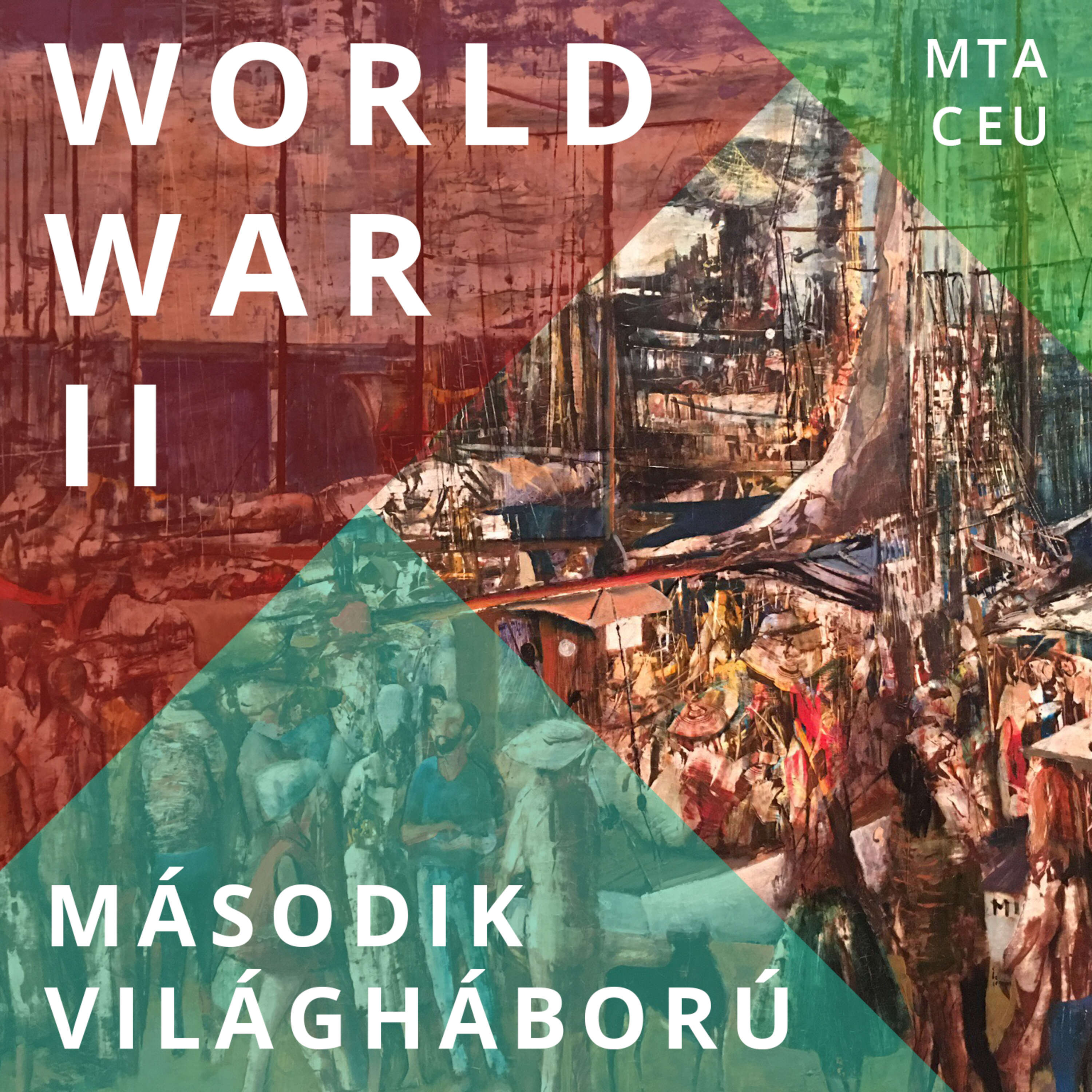- After-Shows
- Alternative
- Animals
- Animation
- Arts
- Astronomy
- Automotive
- Aviation
- Baseball
- Basketball
- Beauty
- Books
- Buddhism
- Business
- Careers
- Chemistry
- Christianity
- Climate
- Comedy
- Commentary
- Courses
- Crafts
- Cricket
- Cryptocurrency
- Culture
- Daily
- Design
- Documentary
- Drama
- Earth
- Education
- Entertainment
- Entrepreneurship
- Family
- Fantasy
- Fashion
- Fiction
- Film
- Fitness
- Food
- Football
- Games
- Garden
- Golf
- Government
- Health
- Hinduism
- History
- Hobbies
- Hockey
- Home
- How-To
- Improv
- Interviews
- Investing
- Islam
- Journals
- Judaism
- Kids
- Language
- Learning
- Leisure
- Life
- Management
- Manga
- Marketing
- Mathematics
- Medicine
- Mental
- Music
- Natural
- Nature
- News
- Non-Profit
- Nutrition
- Parenting
- Performing
- Personal
- Pets
- Philosophy
- Physics
- Places
- Politics
- Relationships
- Religion
- Reviews
- Role-Playing
- Rugby
- Running
- Science
- Self-Improvement
- Sexuality
- Soccer
- Social
- Society
- Spirituality
- Sports
- Stand-Up
- Stories
- Swimming
- TV
- Tabletop
- Technology
- Tennis
- Travel
- True Crime
- Episode-Games
- Visual
- Volleyball
- Weather
- Wilderness
- Wrestling
- Other
Experiences from OSUN Collaborative Seminar on Cultures of Hate and Oppression: Connecting the Conversations about Antisemitism, Holocaust, Gender and Colonialism
The podcast shares the perspectives of faculty and students of OSUN Collaborative Network Course on Antisemitism, Holocaust, Colonialism, Gender. This collaborative OSUN network course addresses topics that are of urgent global importance in our era of continuing discrimination, forced migration, socially sanctioned violence – and war. It promotes new teaching and thinking about the relationships among four distinct, but overlapping, historical, cultural, and political phenomena: antisemitism, the Holocaust, colonialism, and gender. Each of these terms becomes a lens through which to examine exclusion, prejudice, discrimination, race, and hate in their historical and contemporary manifestations. Each of these questions is widely discussed in its own setting, with antisemitism and the Holocaust studied separately from forms of racism rooted in colonial legacies. The aim of this course is to reframe such vital discussions that at present take place in parallel, and sometimes even in an antagonistic manner.

